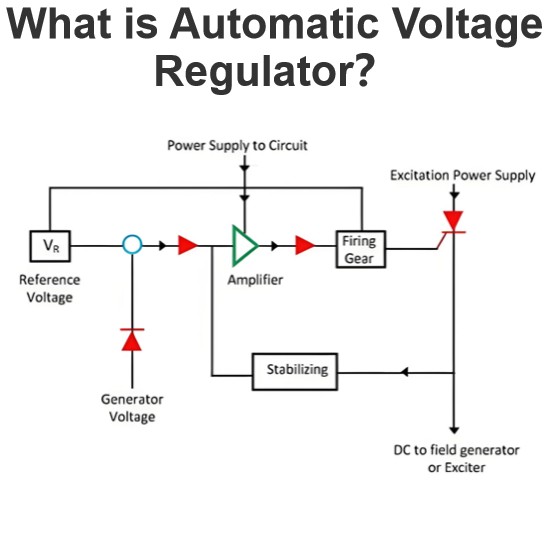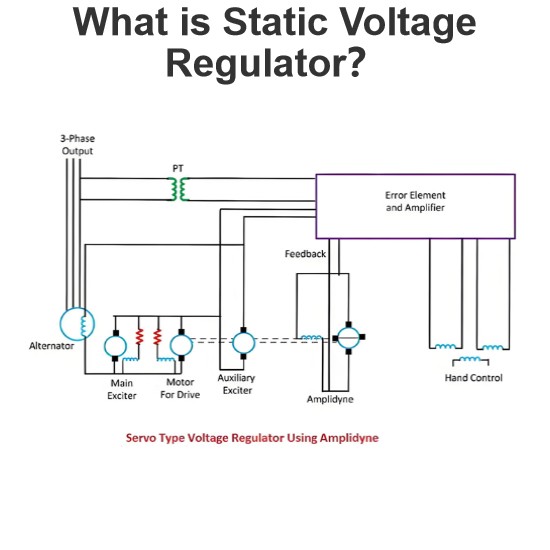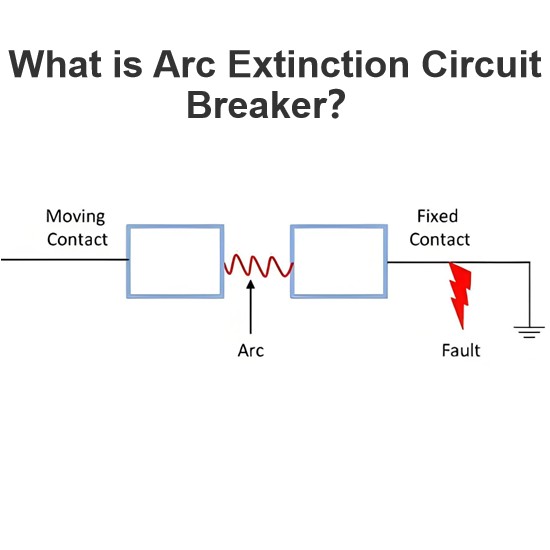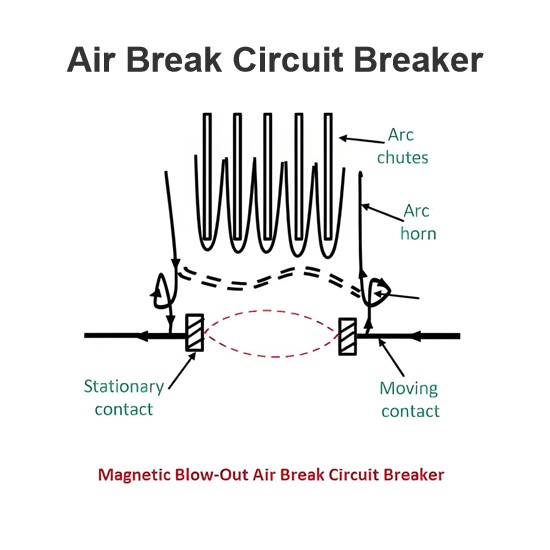Why is load balancing important in residential electrical systems?
Why Load Balancing is Important in Residential Electrical Systems
Load balancing refers to the even distribution of electrical loads across multiple phases in a multi-phase power system, ensuring that the current and power on each phase are as uniform as possible. In residential electrical systems, load balancing is crucial for several reasons:
1. Improves System Efficiency
Reduces Energy Loss: When the loads in a three-phase system are unbalanced, some phases may carry excessive current while others carry less. Excessive current increases resistive losses (I²R losses) in the wiring, wasting energy. By balancing the load, unnecessary energy losses can be minimized, improving the overall efficiency of the electrical system.
Optimizes Equipment Utilization: Load balancing ensures that all components of the electrical system are used efficiently. If one phase is overloaded, it can lead to underutilization of other phases. Proper load balancing allows all equipment to operate within its optimal range, avoiding resource wastage.
2. Extends Equipment Lifespan
Prevents Overheating: Excessive current in one phase can cause wires, circuit breakers, transformers, and other equipment to overheat. Prolonged overheating accelerates the aging of these components, shortening their lifespan. Load balancing ensures that each phase operates within safe temperature limits, preventing overheating.
Reduces Mechanical Stress: Unbalanced loads can subject rotating equipment (such as motors) to uneven mechanical stress. This can lead to increased wear and tear, higher vibration, and a greater risk of failure. Load balancing reduces mechanical stress, extending the life of such equipment.
3. Ensures System Stability
Avoids Voltage Fluctuations: Unbalanced loads can cause voltage imbalances across the three phases, leading to voltage fluctuations. These fluctuations can affect the performance of sensitive devices, potentially causing damage. Load balancing maintains stable three-phase voltages, ensuring that household appliances and other equipment function properly.
Prevents Circuit Breaker Tripping: If the current in one phase exceeds its rated value, it can trigger a circuit breaker to trip, causing a partial power outage. Load balancing prevents this by ensuring that no single phase is overloaded, maintaining the continuity and reliability of the electrical system.
4. Reduces Electricity Costs
Lowers Peak Demand Charges: Many utility companies charge based on the maximum demand (peak power) of a household. An unbalanced load can increase the peak power on one phase, leading to higher electricity bills. Load balancing helps reduce peak demand, lowering electricity costs.
Avoids Penalties: In some regions, utility companies impose additional fees or penalties for unbalanced loads. Proper load balancing avoids these extra costs, saving money for the homeowner.
5. Enhances Safety
Prevents Electrical Fires: Unbalanced loads can cause excessive current in one phase, increasing the risk of wires overheating and potentially leading to electrical fires. Load balancing reduces this risk, ensuring a safer electrical system.
Reduces Electric Shock Risk: Voltage instability caused by unbalanced loads can increase the risk of electric shock. Load balancing ensures stable voltages, reducing the likelihood of electric shocks.
6. Meets Utility Company Requirements
Complies with Electrical Standards: Many utility companies require residential electrical systems to maintain a certain level of load balance to ensure the stability of the grid. Non-compliance can result in power restrictions or penalties. Load balancing helps homeowners meet these requirements and avoid potential issues.
Summary
Load balancing is essential in residential electrical systems because it improves efficiency, extends equipment lifespan, ensures system stability, reduces electricity costs, enhances safety, and meets utility company requirements. By evenly distributing loads across phases, homeowners can enjoy more reliable, economical, and safe electrical service.
The Electricity Encyclopedia is dedicated to accelerating the dissemination and application of electricity knowledge and adding impetus to the development and innovation of the electricity industry.













